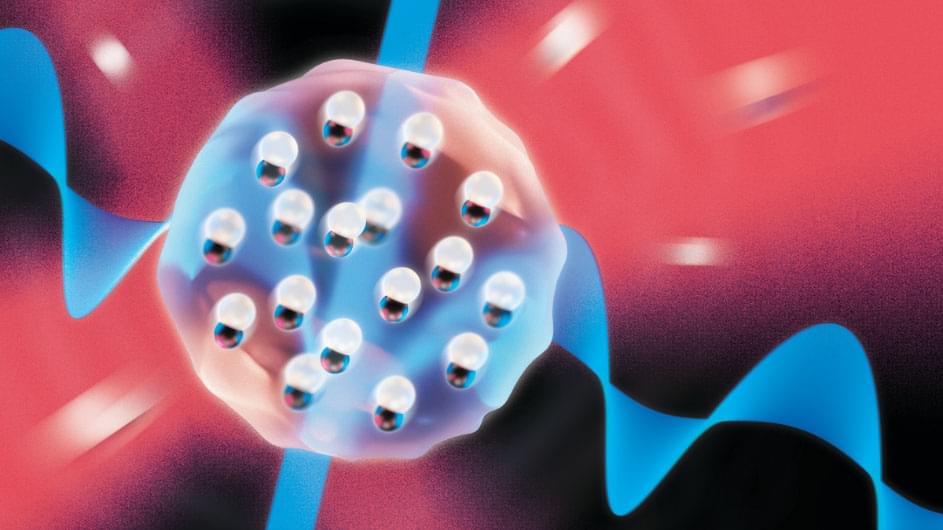There’s a hot new BEC in town that has nothing to do with bacon, egg, and cheese. You won’t find it at your local bodega, but in the coldest place in New York: the lab of Columbia physicist Sebastian Will, whose experimental group specializes in pushing atoms and molecules to temperatures just fractions of a degree above absolute zero.
Writing in Nature (“Observation of Bose-Einstein Condensation of Dipolar Molecules”), the Will lab, supported by theoretical collaborator Tijs Karman at Radboud University in the Netherlands, has successfully created a unique quantum state of matter called a Bose-Einstein Condensate (BEC) out of molecules.
Their BEC, cooled to just five nanoKelvin, or about-459.66 F, and stable for a strikingly long two seconds, is made from sodium-cesium molecules. Like water molecules, these molecules are polar, meaning they carry both a positive and a negative charge. The imbalanced distribution of electric charge facilitates the long-range interactions that make for the most interesting physics, noted Will.









Leave a reply